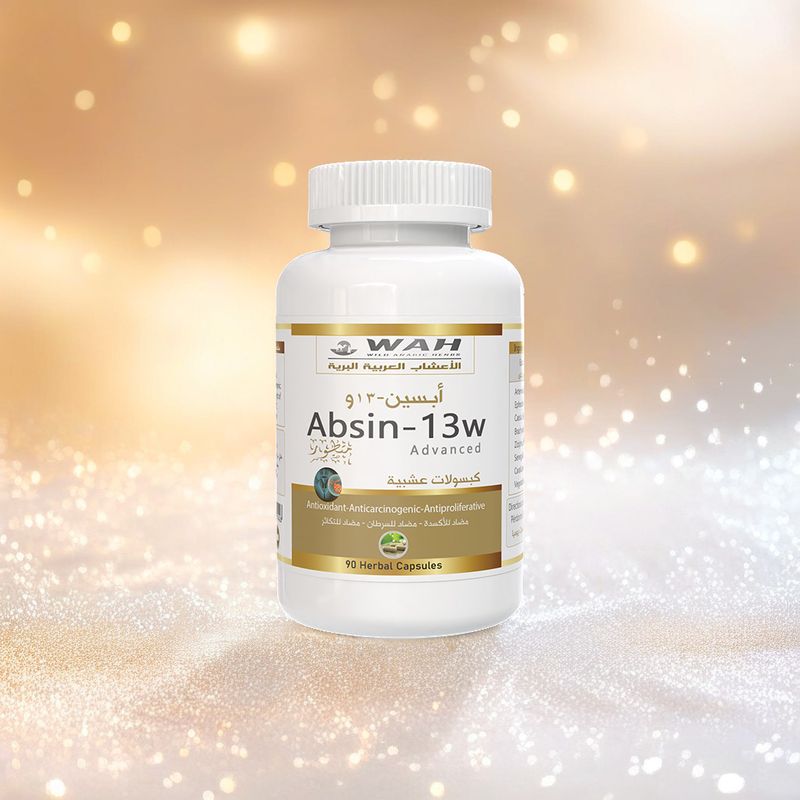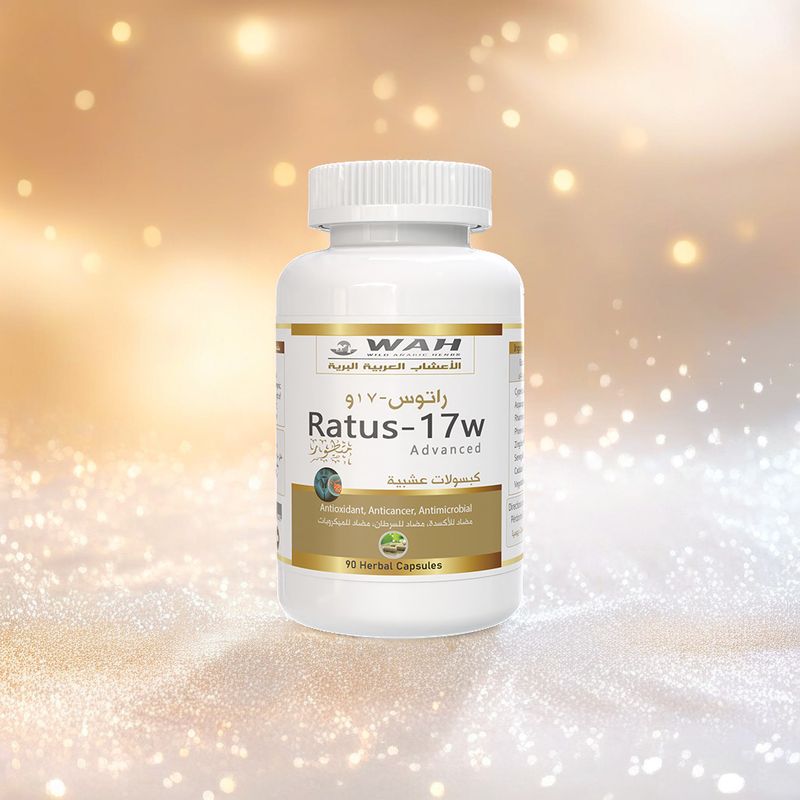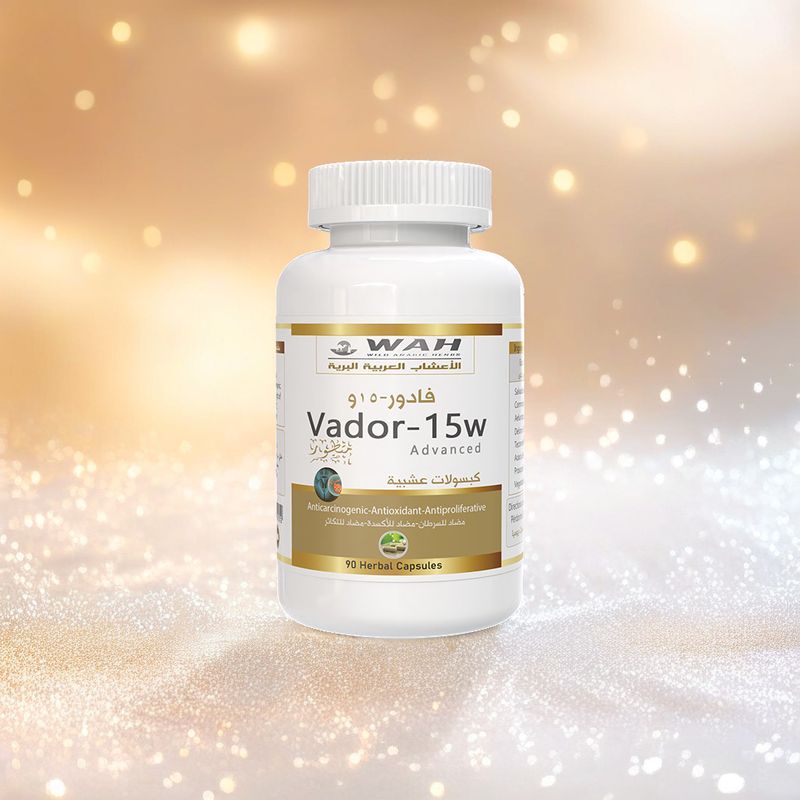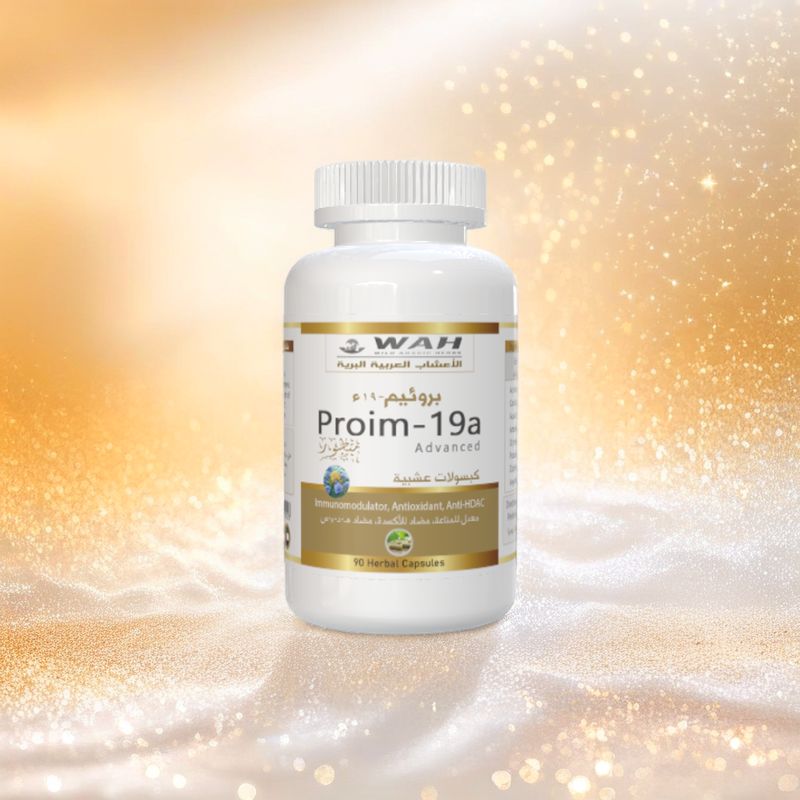Gynecological Cancers
The Potential of Desert Herbs s in Supporting Patients with Gynecological Malignant Diseases
Conventional Treatments Against Malignant Neoplasms – chemotherapy, radiotherapy, and surgery – although they form the basis of modern oncological medicine, have often demonstrated their limitations and failures, exposing patients to serious side effects and severe suffering: irreversible damage to vital organs, myelosuppression, chronic fatigue, and immune suppression. The consequences are the rapid deterioration of the clinical condition, a decline in the patient’s quality of life, and the acceleration of a tragic end.
A prophetic saying reminds us:
“God has not sent down a disease on Earth except that He has also sent down its cure. Some know it, and some do not.”
This aligns with modern findings, which show that nature contains bioactive substances with irreplaceable therapeutic value. Arab medical traditions have long used desert plants for treatment, and today pharmacological research is confirming this potential.
In this context, modern science is increasingly turning its attention to natural sources as alternatives or as support for existing therapies. The medical traditions of the Arab regions testify for centuries to the use of desert plants for healing purposes, while contemporary pharmacological studies are validating this potential.
Under extreme climatic conditions, these plants produce protective compounds—flavonoids, alkaloids, terpenoids, and polyphenols—which have demonstrated significant biological activities:
- Antioxidant – neutralize free radicals and protect DNA.
- Anti-inflammatory – reduce the production of inflammatory cytokines such as TNF-α and IL-6.
- Anticancer – inhibit cell proliferation, induce apoptosis, and prevent metastasis.
- Selective cytotoxic effect – target tumor cells while sparing healthy ones.
- Immune-stimulating – enhance the body’s regenerative capacity and strengthen immunity.
A New Hope for Patients
In the hands of experts, the nature of the desert becomes a powerful ally of medicine, offering not only hope but also concrete perspectives for addressing one of the greatest challenges of our time – cancer.






